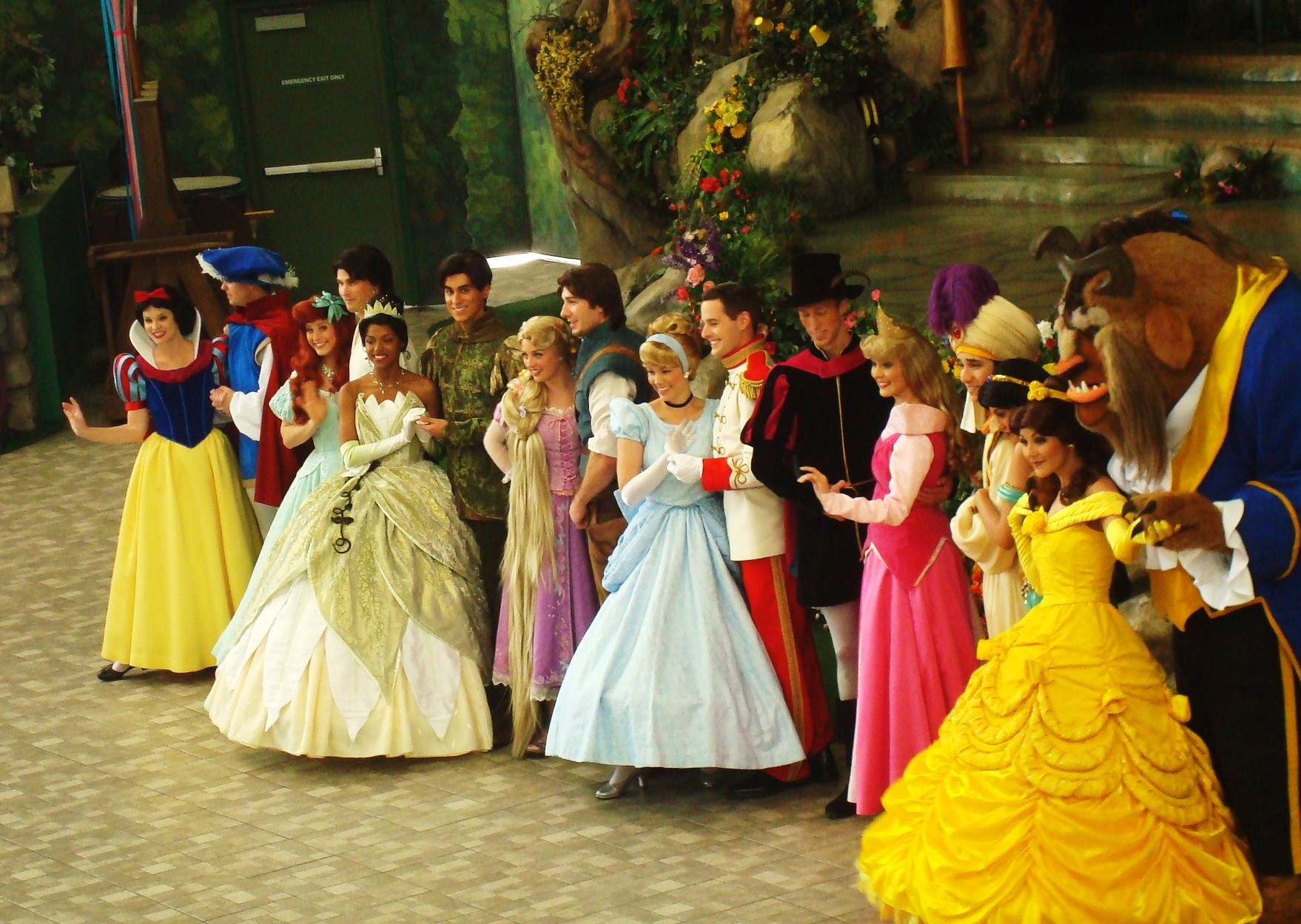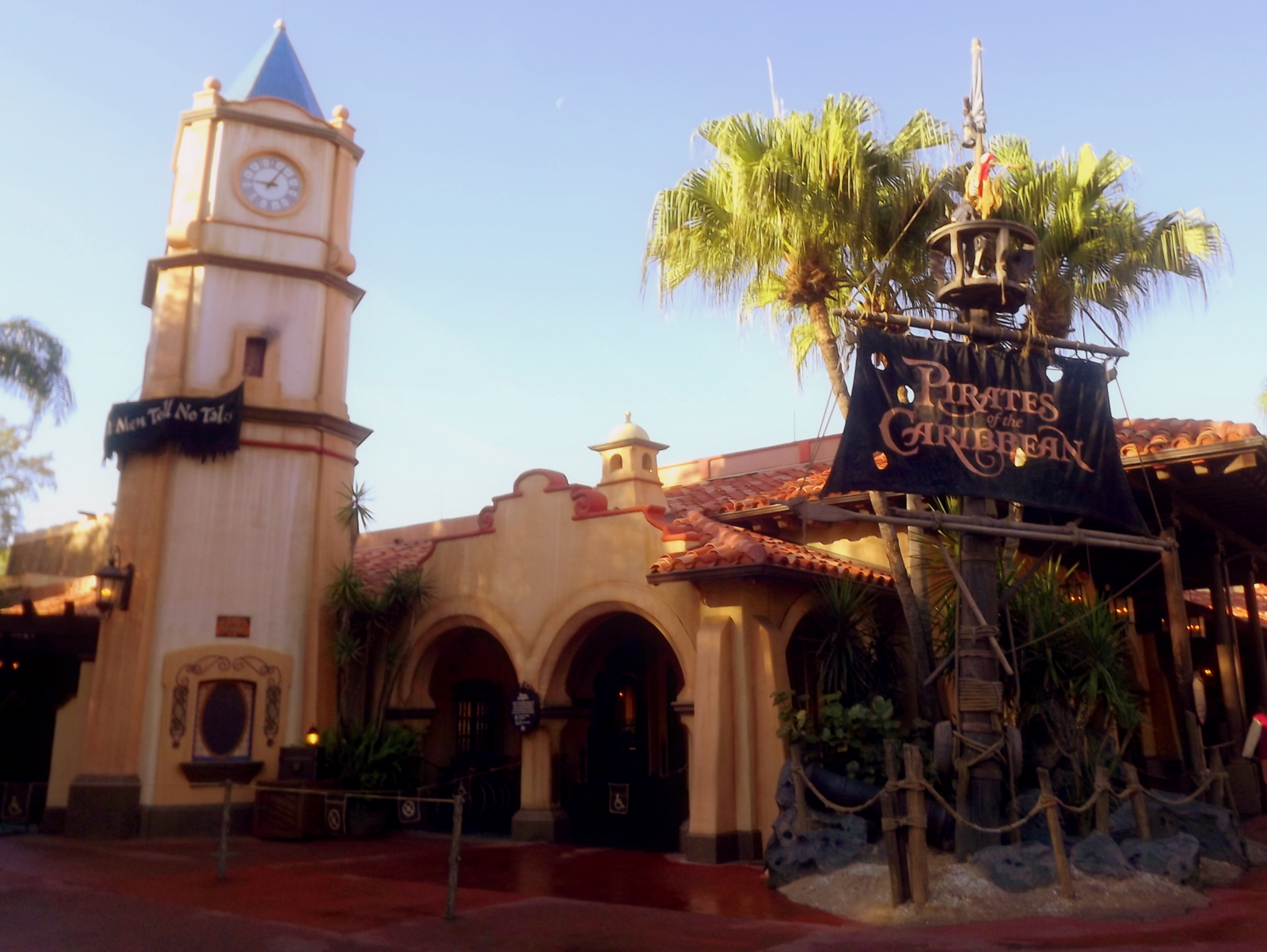Deeps > Contemporary Film and the Black Atlantic > History > Disneyfied Histories: Disney’s Intentional Inaccuracy, Historical Films, and The Black Atlantic


Disney produces franchises — Pirates of the Caribbean and the Disney Princess line are only two of the many marketed to eager consumers. These films are meant to entertain and to sell products but not to teach American or transatlantic history.
The Pirates of the Caribbean franchise is historically inaccurate. The creators behind the film freely admit that. Despite taking place in the 1700s, the original film doesn’t deal with slavery. And yet, background black characters appear and, like The Princess and the Frog, Voodoo and magic appears as a plot device.
Like slavery and racism in Pirates,the strictness of segregation in the South is ignored in The Princess and the Frog. Taking place in 1920s New Orleans, Disney’s animated film ignores laws against interracial marriage, separation of blacks and whites in public spaces, and only hints at the disadvantages society brought against those of African-American backgrounds.
This section of the project plans to look at what Disney is doing with an (almost) slaveless Caribbean and inspirational tale set in segregation. (This is also particularly interesting in terms of Disney’s past films and their approach to race, including Song of the South.) As the trailers of both these movies show, Disney is seeking to entertain through action, comedy, and romance rather than explore complex issues. So, if that’s the case, why set these films in eras that problematize race in this way?
Navigation Menu:
Pirates of the Caribbean: The (Almost) Slaveless Caribbean, Race, and the Black Atlantic
The Princess and the Frog: Rewriting Jazz Age History and Culture
How to cite this project: Sasha Panaram, Hannah Rogers, Thayne Stoddard. “Contemporary Film and the Black Atlantic.” Deeps, (Accessed on Date) http://sites.duke.edu/blackatlantic/